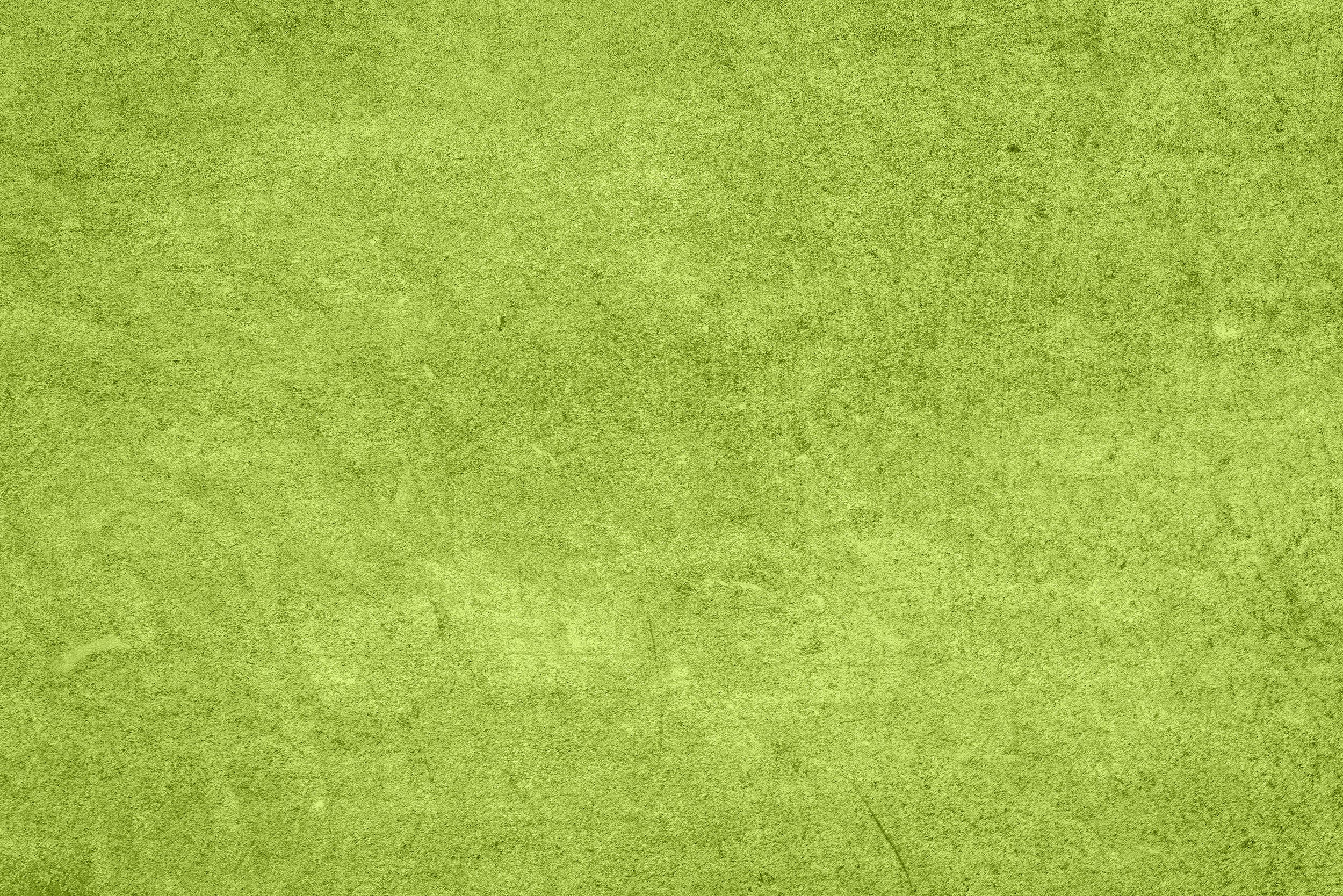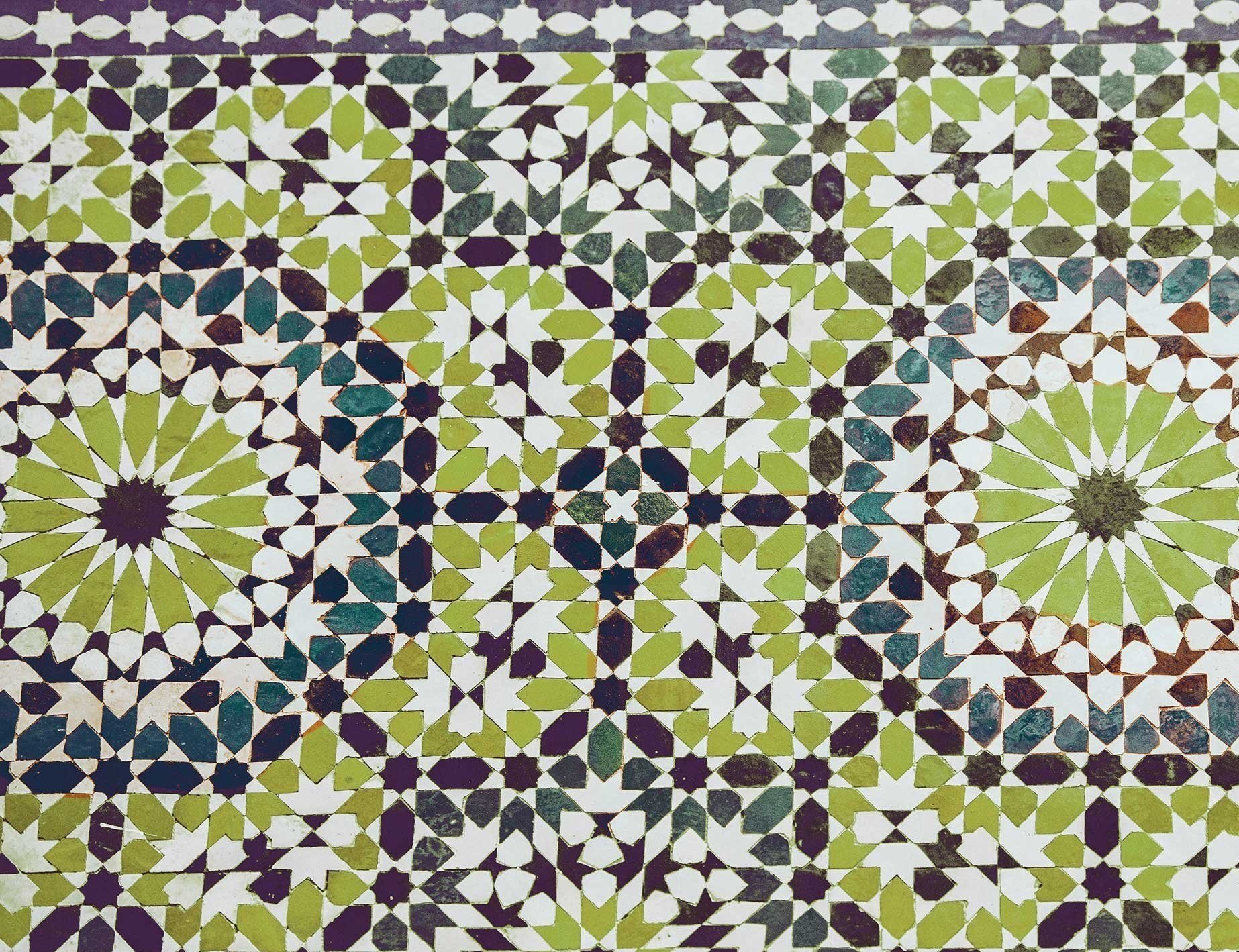“Stuff-ocation” Syndrome:
Dealing with Hoarding Disorder

Does it feel sometimes that you’re drowning in your stuff…that your belongings are threatening to swallow you?
Do you feel overwhelmed, even paralyzed, by the number of objects in your life that you can no longer manage? You want to dig yourself out, but have no idea where to begin, or how to manage the mountains of stuff. Maybe you feel judged and rejected by the people in your life who don’t understand your struggle, who look at your living situation and label it all “clutter” and “junk.” Maybe you try to tackle the problem, only to find yourself getting confused or stuck (metaphorically and/or literally), and then giving up. Do you find yourself coping by procrastinating, avoiding, distracting yourself, or even…acquiring more stuff?
If you have hoarding disorder, life can feel very painful, lonely, and hopeless at times. Hoarding disorder can be very serious, and it is challenging to recover from, especially all by yourself. Popular media tend to sensationalize hoarding disorder and seek to heighten the drama of hoarding-related conflicts and cleanups. It makes for compelling (and perhaps motivating) viewing, but it’s not a substitute for therapy.
Regular people, struggling with hoarding, aren’t going to get a massive team of experts to swoop in and save them.
I help people like you who are ready and willing to change, and want to take their environments back, but need some individual and ongoing support.
There are a lot of aspects to treating hoarding disorder, but for every sufferer, there are skills that are necessary to learn and practice, and there are emotions that need to be processed. These tasks are how a therapist like me can help you the most. When you enter therapy for hoarding disorder, you can learn how to improve your cognitive skills, such as decision making, planning, prioritization, organization, time management, attention, and perseverance—skills that can help you change hoarding behaviours.
And just as importantly, you’ll learn how to cope with feelings such as:
anxiety
fear
regret
grief
loss
sadness
loneliness
rejection
embarrassment
humiliation
guilt
shame
If you’re ready for your life and your space to be different, and you believe you could make some progress if you had some non-judgmental, insightful, and compassionate support, contact me for a free, 20-minute video consultation, and let’s talk about how I can help you. I promise I have more to offer than what you’ve probably heard from loved ones: “just get rid of it!”
You don’t have to struggle in isolation. You can recover from hoarding disorder and live the life you deserve.


“Letting go gives us freedom, and freedom is the only condition for happiness. If, in our heart, we still cling to anything—anger, anxiety, or possessions—we cannot be free.”
— THICH NHAT HANH




